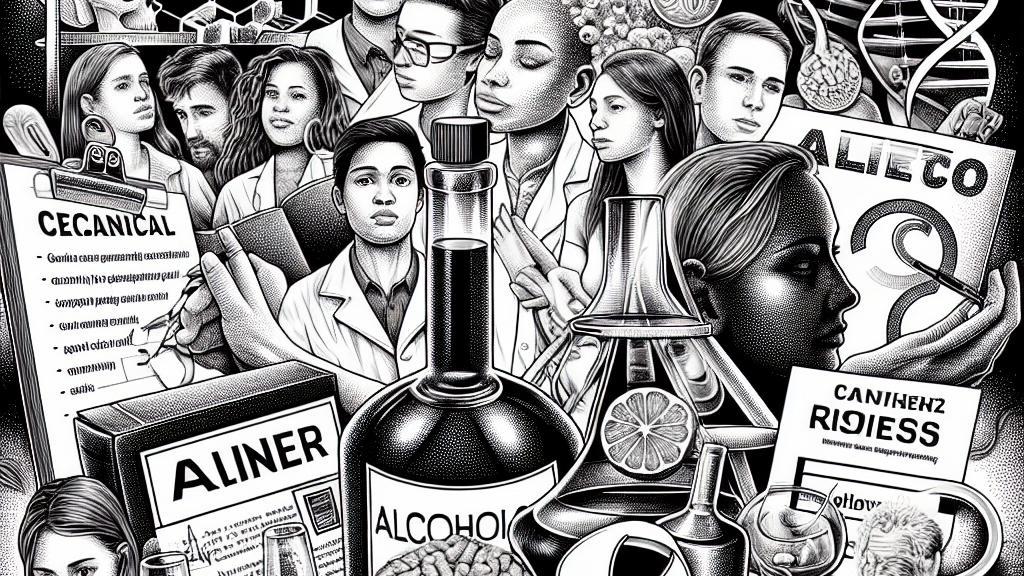Understanding Cancer Warnings on Alcoholic Drinks
Overview
- Alcohol consumption linked to seven types of cancer.
- US Surgeon General pushes for stronger warning labels on alcohol.
- Increased public awareness is vital for reducing alcohol-related cancers.

The Cancer Risk Linked to Alcohol
In the United States, the link between alcohol consumption and cancer is not just a statistic; it’s a pressing public health concern. Dr. Vivek Murthy, the US Surgeon General, has illuminated a startling reality: drinking alcohol elevates the risk of at least seven different cancers, including well-known types like breast and liver cancer. It’s shocking to think that many individuals are blissfully unaware of these risks! For example, research shows that each year, around 20,000 cancer deaths in the U.S. can be traced back to alcohol consumption—a staggering figure that surpasses even the fatalities related to alcohol-related traffic accidents. This knowledge is crucial, especially for young adults who may be experiencing alcohol for the first time. Understanding these risks is essential for making informed choices about drinking.
Importance of Warning Labels
The push for updated warning labels on alcoholic beverages could revolutionize public perception and health habits towards drinking. Imagine walking into a bar or a store and seeing bold labels declaring, 'Caution: This drink may increase your cancer risk.' Such warnings would not only raise eyebrows but also spark critical conversations among drinkers. Currently, alcoholic beverages display labels predominantly addressing pregnancy and impaired driving, and these warnings have remained unchanged since 1988! Think about it—by neglecting to update these labels to include cancer risks, we are neglecting the health of future generations. If these warning labels are implemented, consumers would be empowered to make more informed drinking choices, particularly young people who may not fully grasp the potential consequences of their choices.
Raising Public Awareness
To truly combat the health risks associated with alcohol, cultivating public awareness is not merely beneficial; it’s absolutely essential. Organizations like the CDC highlight the necessity for engaging campaigns that provide comprehensive education on the dangers posed by alcohol. Imagine a community campaign featuring personal testimonies from cancer survivors, sharing their journeys and the role alcohol played in their diagnosis. These real stories resonate deeply and foster a sense of urgency among the public. Additionally, healthcare providers have a pivotal role to play. By initiating open and honest conversations about the link between alcohol and cancer with their patients, they can empower individuals to take control of their health. This proactive approach doesn't just inform; it inspires action. By transforming our understanding of alcohol consumption into a shared community concern, we can ignite a movement toward healthier lifestyles, ensuring that future generations make informed choices.

Loading...